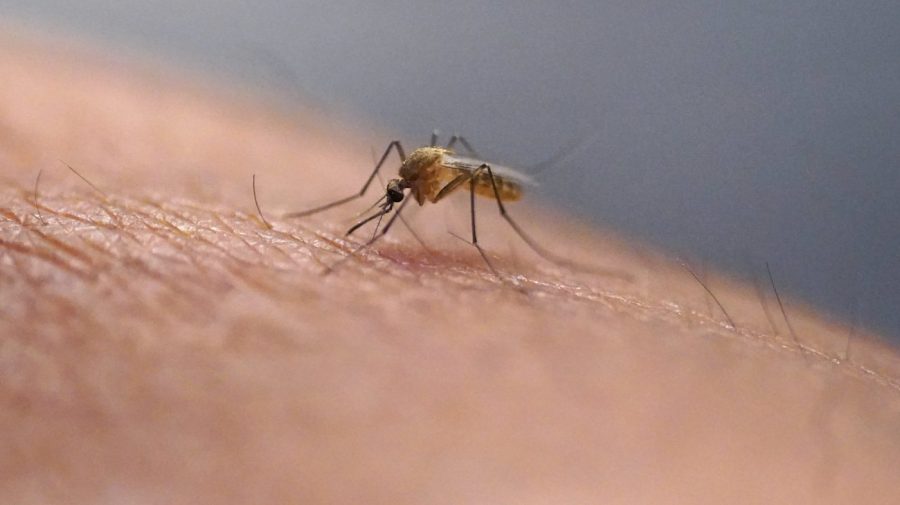
The state of South Carolina has reported its first confirmed death from the eastern equine encephalitis (EEE) virus in over two decades. The fatality, occurring in Beaufort County, marks the first human case of this virus in the state since 2020, and the first death associated with it since 2003.
Eastern equine encephalitis is transmitted to humans through the bite of infected mosquitoes. It does not spread from person to person. Dr. Edward Simmer, interim director of the South Carolina Department of Public Health (SCDPH), emphasized the rarity of human cases, stating, “While cases of the virus in people are extremely rare, the effects can be very serious for those who are infected.” He urged residents to take measures to minimize mosquito exposure, including eliminating potential breeding sites.
The severity of EEE can be alarming, with approximately 30% of individuals who develop severe cases succumbing to the illness, according to the Centers for Disease Control and Prevention (CDC). Survivors often face long-term neurological complications. Currently, there are no vaccines or specific treatments available for humans infected with the EEE virus, making prevention crucial.
To mitigate the risk of infection, the American Mosquito Control Association (AMCA) recommends wearing long sleeves and long pants, opting for light-colored, loose-fitting clothing, and applying EPA-registered mosquito repellents containing ingredients such as DEET or oil of lemon eucalyptus. It is important to follow the product label instructions carefully.
In response to the recent case, Beaufort County Mosquito Control has initiated multiple truck spraying operations in the vicinity of the reported illness. Additional aerial spraying will be conducted for broader coverage. The county is also setting mosquito traps in the area to test for the presence of the EEE virus. As of now, no EEE-positive mosquitoes have been identified in 2025.
From mid-July to August 2025, the SCDPH has reported ten horses testing positive for the EEE virus across several counties, including Aiken, Colleton, Horry, Jasper, Orangeburg, and Sumter. This continuing surveillance highlights the importance of monitoring mosquito populations and taking appropriate action to prevent the spread of the virus.
Residents are encouraged to take proactive steps to eliminate standing water, where mosquitoes breed. The SCDPH advises homeowners to follow these guidelines:
– Empty items that can collect water, such as toys, plant saucers, or vases.
– Change water frequently in dog bowls and bird baths.
– Dispose of unwanted yard debris that may harbor water, such as old tires and trash.
– Turn over containers that can hold water, like buckets and wheelbarrows.
– Secure tarps over outdoor items, including boats and grills, to prevent water accumulation.
– Maintain property by cleaning out ditches and drains and keeping grass trimmed.
Community collaboration is essential in reducing mosquito populations. Residents are encouraged to discuss mosquito control efforts with neighbors to create a more effective strategy in their local areas.
For additional information on mosquito prevention and safety measures, the SCDPH website provides resources to help the public stay informed and protected.







